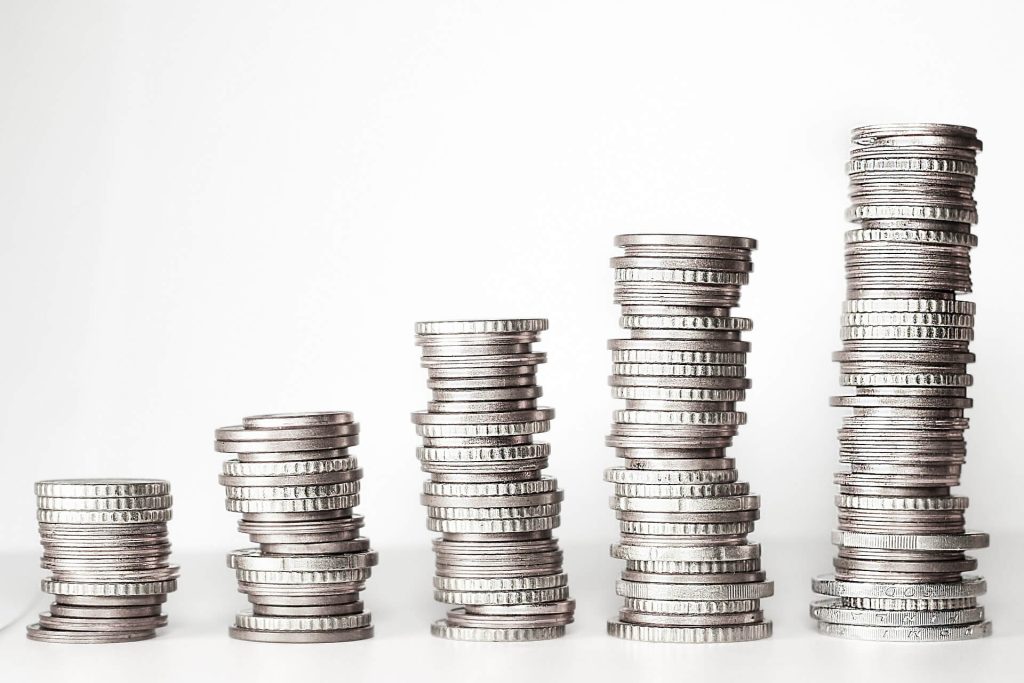A bad credit score can happen for many reasons, such as unexpected expenses or medical situations. However, it is possible to rebuild your credit score with effort and involvement. Rebuilding your credit can be tough, but understanding your credit score is key to success. Here are some tips to get you started.
What is a credit report?
A credit report is an official document that shows your credit history and current creditworthiness. It’s held by Canadian credit reporting agencies. The report includes your personal information, credit inquiries, and other relevant information.
Your credit score goes up or down based on your payment habits. This report is valuable in creating a plan to improve your personal finances.
How to analyse your credit report?
Analyzing credit reports can be challenging for those unfamiliar with credit utilization and information. To improve your financial situation, it’s crucial to understand your solvency ratio. Let’s start by breaking down the data.
The solvency ratio
Your solvency is crucial when applying for a loan, rental, or purchase of an apartment. Financial institutions use it to verify your ability to honour commitments. Your solvency ratio is calculated as equity divided by assets.
The solvency ratio requested by lenders
Lenders usually require a solvency ratio of at least 20%. This means that equity should be at least 20% of the credit report. Your ratio indicates your working capital, which is composed of current assets and reserves, less short-term liabilities.
Negative working capital shows a lack of funds and will make it difficult to receive a deposit. Having a healthy credit profile is a must have for easy access to credit.
Cash flow
Your cash flow is extremely important for analyzing and improving your finances. It represents the money coming in and going out of your bank accounts at all times. Negative cash flow can occur due to various reasons, but it must be explained and temporary.
A negative cash flow should not persist for too long. Your credit report should ideally show more income than expenses if you want to access credit.
What are the codes associated with your credit rating:
Regarding your payments, several codes can be associated with your credit rating. The codes, according to Equifax Canada, are:
- 0 – Too new to rate; approved but not used.
- 1 – Pays (or paid) within 30 days of payment due date or not over one payment past due.
- 2 – Pays (or paid) in more than 30 days from payment due date, but not more than 60 days, or not more than two payments past due.
- 3 – Pays (or paid) in more than 60 days from payment due date, but not more than 90 days, or not more than three payments past due.
- 4 – Pays (or paid) in more than 90 days from payment due date, but not more than 120 days, or four payments past due.
- 5 – Account is at least 120 days overdue but is not yet rated “9.”
- 7 – Making regular payments under a consolidation order or similar arrangement.
- 8 – Repossession (voluntary or involuntary return of merchandise).
- 9 – Bad debt; placed for collection; skip.
What if you have a bad credit score?
Having a poor credit score can impact your interest rates for various projects such as automotive or real estate. Fortunately, there is help available to gradually restore your credit rating and improve your financial situation.
You can start by paying bills on time and meeting deadlines. This will help raise your credit score, making it possible for you to qualify for lower interest rates in the future. It is important to take this seriously and make changes to your financial behavior to improve your credit situation.

What are the most common problems with credit score?
Your credit score is crucial for your financial well-being. A high score leads to lower interest rates on mortgages, personal loans, car loans, and refinancing student loans. It can also help you get cheaper auto insurance. You should never underestimate the importance of a good credit score.
4 common problems preventing you from rebuilding your credit score
Always remember that improving your credit score is achievable. Even with a poor score, there is hope. Follow these 4 tips to enhance your credit worthiness.
1. High Utilisation Value
To avoid credit card debt, some opt for the use of a credit card and pay off the balance in full every month. This practice, if maintained, prevents interest expenses but can be tricky if you don’t repay your due on time. The secret is to base your spending habits on your dues and not the opposite.
Using a single credit card is not always the best solution
Using only one credit card can hurt your score by increasing your utilisation, which is the percentage of available credit being used. For example, if you have a $200 credit limit and a $50 statement balance, your utilisation is 40%. High utilisation can negatively affect your credit score. To keep your score healthy, it’s best to keep your utilisation below 20%.
Rebuild your credit score by having at least two credit cards
Owning multiple credit cards can help you balance your finances, and using a secured credit card can assist in establishing credit.
2. High Credit Balance
Having a high credit card balance can have a negative impact on your credit score for many years, even if you consistently pay your bills on time. If your credit card balance is frequently exceeding 75% of your credit limit, this is a major cause for concern in the eyes of the credit score system. Such a situation will drastically decrease your credit score, as it indicates that you are not financially stable enough to pay back your debts.
Increase your credit card balance can help you in rebuilding your credit
It is important to contact your bank to improve your credit card balance. Take action to understand what steps to take to improve your current situation. Don’t hesitate to reach out to your bank for guidance and advice. It’s in your best interest to take control of your finances and work towards a better credit card balance.
3. Unpaid Collections
Unresolved collections reported in the public records portion of your credit report could result in a severe drop in your credit score. These collections can include unpaid speeding tickets, parking tickets, driving fines, utility bills, and cell phone bills. You must resolve these issues promptly to avoid damaging your credit standing.
The solution to rebuild your credit score when you have unpaid collections:
If you pay off certain debts, you can request that creditors remove their collection notices from your credit report. Most creditors will comply, but make sure to ask in writing before submitting payment. This is important and should not be taken lightly.
Rebuild your credit in few steps
If your low credit rating is due to collection items, removing them can quickly boost your score. However, paying off other unpaid debts from formal credit arrangements such as personal loans and credit cards will not result in immediate removal from the credit report. It takes time for these changes to reflect in your credit score.
4. Late Payments
Improving your credit score fast is much harder if you have skipped or excess payments on your credit report. Late payments cause damage and the only way to undo it is by proving that you pay off your debts on time for several years. It takes time and effort to improve your credit score.
Rebuilding your credit by making your payments on time
Over time, timely payments raise your credit score. Late payment records expire seven years from the date of the late payment. Consistent, timely payments gradually remove late payments from your credit history, resulting in an impressive credit score. Be cautious with automatic payments to ensure repayment.

Get a loan from Get Payday Loans to rebuild your credit
Improving your credit score is a lengthy process to get better loan deals. However, one common option is to rely on online lending services for quick loans. Get Payday Loans, private lending institution in Canada, offers various options for borrowers, saving time and money while providing a positive experience. Our ultimate aim is to assist you in enhancing your financial situation.
You can apply for a loan even with a bad credit score
To top it all, our consumer proposal is accessible to individuals with bad credit history and a poor credit score. It is more sensible to avoid humiliating oneself by visiting a local bank with unimpressive credit records and facing immediate rejection. Instead, Quickly contact us and let us help you improve your credit score with our solutions.
Rebuilding your credit is possible with Get Payday Loans
All our financial solutions are designed to assist you in financing significant purchases, addressing important life expenses, and consolidating high-interest rate credit card debt. Our goal is to help people reach financial peace again.





